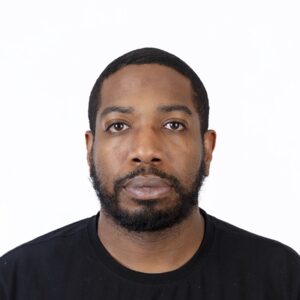-
Place of Birth
New York
-
SURNAME HERITAGE
Germany Ireland

Butler History, Family Crest & Coats of Arms
Etymology of Butler
What does the name Butler mean?
The Butler surname came to Ireland with the Anglo-Norman invasion of the 12th century, led by the forces of Strongbow. The surname came from a common occupational name for a wine steward or the chief servant of a medieval household. In royal households, the title denoted a high-ranking officer whose duties as a wine steward were merely nominal. Occupational surnames, such as Butler were much quite common to the Anglo-Norman culture, and virtually unknown in Gaelic Irish. The prefix le, meaning the, in French was often used by the early Strongbownians to link a person’s first and name and surname. Eventually these prefixes were dropped or became fused onto the beginning of the surname. The surname Butler is derived from Anglo-French “butuiller,” which comes from the Old French word “bouteillier.” These words are ultimately derived from the Latin words “buticularius,” and “buticula,” which mean “bottle.” The Gaelic form of the surname Butler is de Buitléir.
Early Origins of the Butler family
The surname Butler was first found in the ancient territory of Ormond (now parts of County Kilkenny, Wexford and north Tipperary). The first on record was Theobald FitzWalter, a distinguished Norman noble who accompanied Strongbow and was created the Chief Butler of Ireland in 1177. “He also possessed the barony of Amounderness, Lancashire, which he held in 1165 by service of one knight.” 1
“Layton, [Lancashire] is mentioned in the Domesday Survey, and in former times was of some importance as containing a mansion belonging to the ancient family of Botiller or Butler, barons of Warrington.” 2 His descendents began to use the surname Butler around the year 1220. His direct descendant became Earl of Ormond in 1328 and their stronghold was Kilkenny castle. The family were rivals of the powerful Fitzgeralds and their kin, and the effective government of Ireland was held by one or the other of these two great Norman houses until the death of the Great Duke of Ormond in 1688.
Many members of the family were ardent Jacobites, including the Abbé James Butler of Nantes, who was chaplain to “Bonnie Prince Charlie” during the last Jacobite uprising of 1745. Despite the strong Irish side of the family, the English side remained strong too. Laughton-En-Le-Morthen in the West Riding of Yorkshire was the site of one such family. “Laughton Hall, the ancient seat of the Butler family, is a spacious mansion, commanding extensive views.” 2


